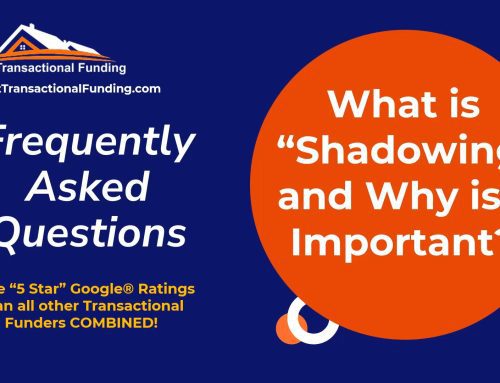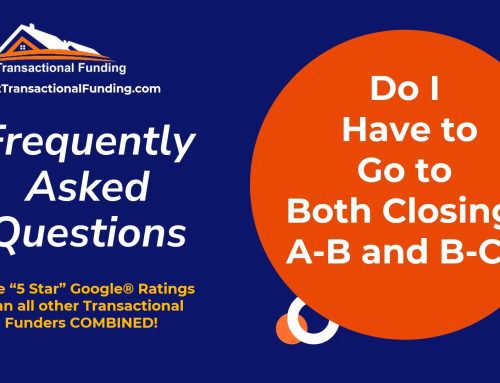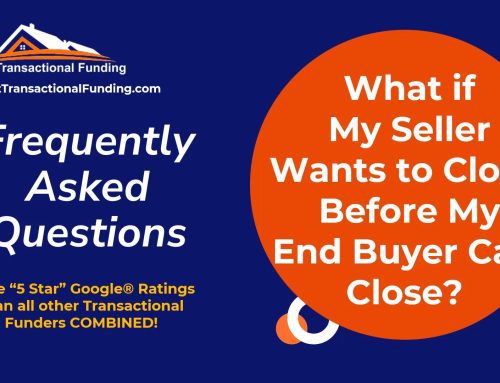
Real estate funding does not have to be confusing
 What are the Types of Real Estate Funding?
What are the Types of Real Estate Funding?
Funding real estate transactions depends on the goal of the buyer of the property. The real estate funding can be either Permanent (conventional) or Short-term (gap) funding. The common forms of permanent funding are home and commercial loans. Short-term funding is usually associated with investors who rehab a property or wholesale it using a same-day double closing.
Typical funding for the purchase of a property is for the buyer to borrow funds from a private money lender, conventional lender (bank, credit union, savings and loan, or mortgage company) or use whatever funds he has. Most people are familiar with a home mortgage. In these cases the buyer will look to move into and live in the property. He may also purchase the property for rental income and it could have a permanent loan at the purchase or short-term funding until repairs are completed.
The important parts of these loans are the interest rate, the term of the loan and whether the mortgagor (property owner) pays interest only or interest and principal monthly. These are issued by lenders for a fixed number of months (payments) and have either an interest only or an amortized monthly payment schedule (principal and interest).
Permanent funding or “buy and hold” funding is the end-goal for buyers who intend to live in a property or for real estate investors who intend to rent to tenants. These tenants can be individuals or businesses depending on the legal usage of the property. Homeowners get longer periods on their loans so the payments are more affordable and allow the buyer to purchase a higher priced home.
Commercial loans are typically for five or ten year terms but can have their payments amortized for 20 or 30 years. This allows the borrower to have a lower and more stable cost for the shorter term of his loan. It also allows the lender to take advantage of rising interest rates in the future.
Short-term real estate funding is designed to allow a purchaser a stop gap to permanent funding. For example, in wholesale transactions a property owner sells to an investor who then resells the property to another investor or holds it to rehab or rent. The initial goal is to flip the property after it is rehabbed or to flip it wholesale to another investor.
Rehabbers get short-term (hard money) loans for a portion of the purchase amount and rehab funds. At the end of the rehab the investor can hold the property for rental income or sell it to a “retail” buyer who will live in the property. If he holds it as a rental he will need to refinance his expensive hard money costs to make the property more profitable.
Wholesalers borrow transactional funds for same-day double closings when they have no money themselves or if they can’t assign their Purchase Contract to an end-buyer. These funds are borrowed to provide the funds for initial purchase from the original property owner and then enable the sale to an end-buyer. True transactional fundings have both the purchase and the sale done on the same or following day. If the initial purchase and sale can’t be done on the same day the funding is called Extended Transactional Funding.
Extended transactional funding, also called Gap Funding, can be from a few days to 120 days. It is often used when an investor has to purchase a property by a deadline but his more permanent funding is not available. Typical transactional funding is loaned for 100% of the purchase amount due at closing. Extended transactional funding can be for any amount the lender deems appropriate from as little as 70% to as much as 100% of the purchase price.
In summary, there are a myriad of ways of funding the purchase of a property each of which depends on the needs of the buyer. First determine if a specific type of real estate funding fits your needs and then compare prices and terms with various lenders.
Search Terms – real estate funding, transactional funding, hard money loan, permanent funding, same-day double closings, gap funding, extended transactional funding, permanent funding, commercial funding, home mortgage, short-term funding, buy and hold funding, rehabbers, wholesale investors



